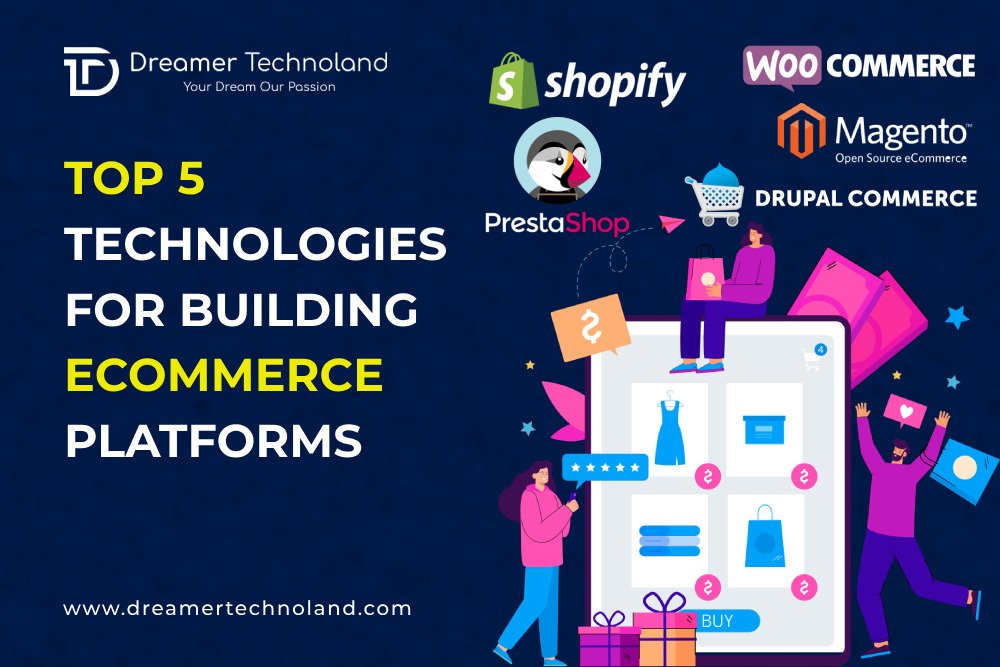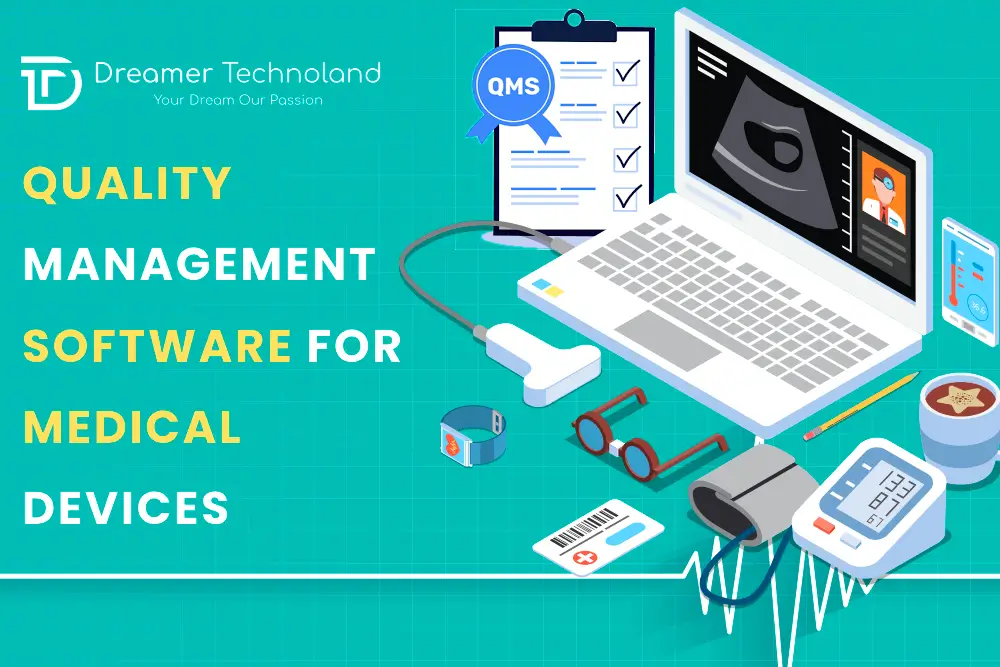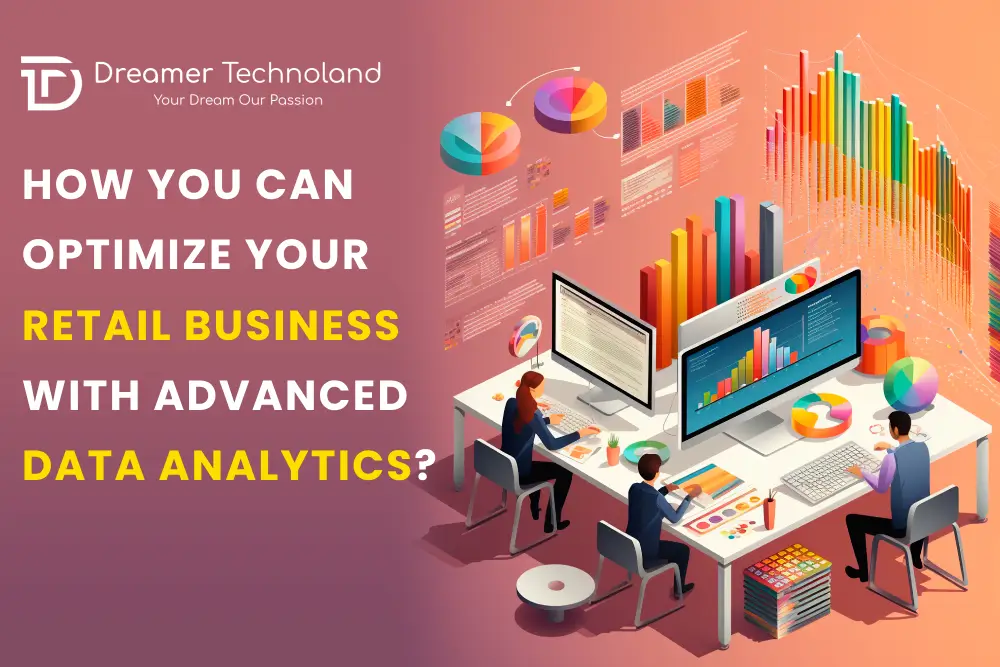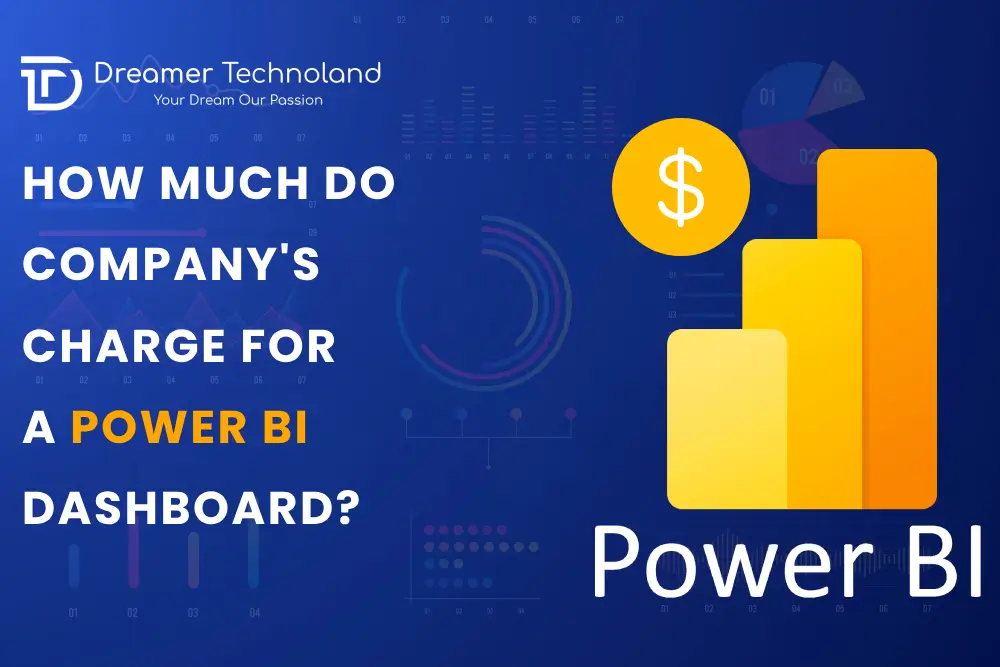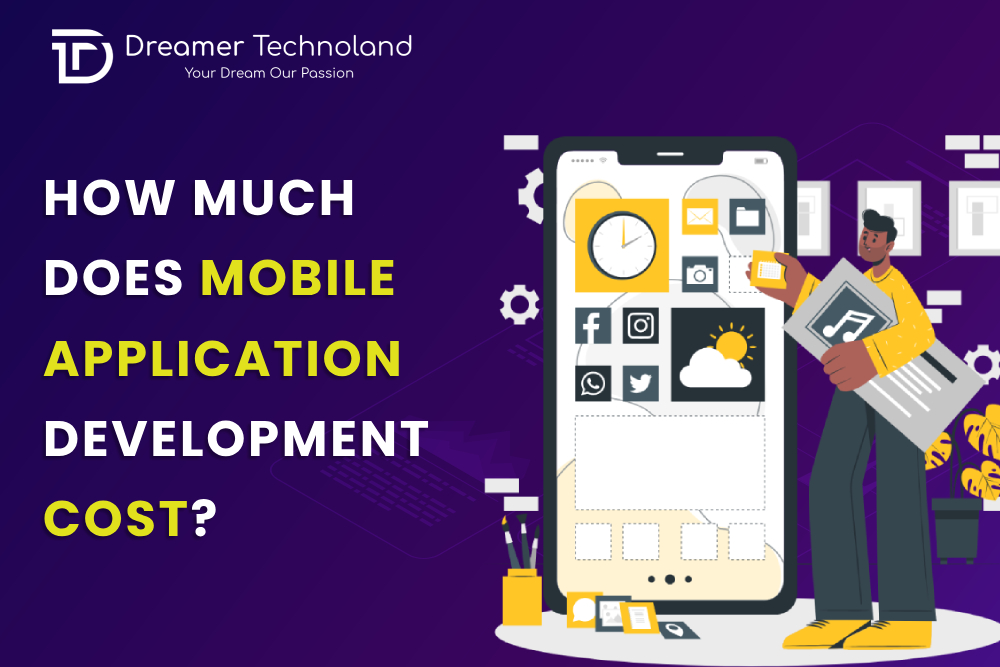On the internet, there are more than 182,000 active ecommerce websites, depicting the tough competition among businesses. Therefore, making the right choices about the tech stack for building e-commerce platforms is quite essential for propelling the business in the right direction. When it comes to coding an e-commerce platform, the development market is full of technologies which might or might not be suitable for coding a digital shop. Based on the complexity, functionalities, budget, time and expertise, you can outsource your project to any reliable development company.
Usually, an ecommerce or mobile app development firm utilizes open-source content management systems like WordPress, Drupal, Joomla etc. or goes with the turnkey solution resting on Shopify or Wix.
These are a few techniques the current market has to offer but the biggest concern is which one is perfect for your business. It is the most crucial decision from the business point of view because the e-commerce platform is going to act as a bridge between you and your customers.
Furthermore, a well-crafted ecommerce platform also facilitates creating a strong link between you and the buyer with its extensive features like secure online payments and faster page loading speeds.
In this article, we will discuss different technologies, platforms and ecommerce builders you can opt for developing an ecommerce platform with essential features.
Before jumping to the tech talks, let us quickly understand an ecommerce website and why its development is important.
An Ecommerce Website – In a Nutshell
An ecommerce platform is a digital shop where the buyer showcases the product and interested people buy it from there. It is different from traditional brick and mortar stores because here every service is provided over the Internet. Through an ecommerce portal, the vendor can sell a variety of products, services, and digital services. Customers can directly place an order sitting in their comfort, and the seller will process, fulfil and deliver it to them in a given timeframe. The availability of services over the Internet is a significant difference between an ecommerce store and a physical shop. Ecommerce stores provide flexibility to the customers with their robust features. Even small to medium level enterprises can opt for a perfect ecommerce development solution and start selling their products over the Internet at an affordable rate. Now, let us understand the importance of e-commerce development.
Why Ecommerce Development is Necessary?
With the evolving technologies, shopping methods are also changing across the globe. Nowadays, people want their groceries to be delivered within 10 minutes. Following the same criteria, e-commerce websites are also revolutionizing the retail business landscape with their robust features.
According to a report by Nasdaq, by the end of 2040, more than 95% of the total purchases will be from ecommerce stores. The strong numbers reveal that in the coming years, electronic commerce is going to expand and cover up the new horizons of the market.
Looking at these growing stats and fruitful opportunities, even today most businesses haven’t established themselves in the online market. With an increase of 23% in online purchases, more than 46% of SMEs still do not have a website, as revealed by BigCommerce in a survey.
However, just having an online presence isn’t enough, you need an attractive website backed with the essential functionalities necessary for accelerating the business.
Best Technologies for Building Ecommerce Platforms
The current market is full of technologies and tools that are suitable for building an b2b ecommerce platform. But the biggest concern is, is it the perfect platform or methodology for establishing your business online? We will answer this question here by revealing the top 5 technologies along with their pros, cons and features that are best for making an ecommerce website.
WordPress + WooCommerce
WordPress is the most popular and widely used tech stack for building featureful ecommerce platforms. It is easy to set up a WordPress account and start using its content management system even with little or no expertise. Moreover, the WooCommerce plugin brings additional functionality to WordPress and makes it a reliable digital shop making tool. WordPress combined with WooCommerce is used by more than 41% of online businesses across the globe. Since the basic version is free to use, it has become a perfect worldwide choice.
Features
- Multiple Theme Support
- Enhanced Data Privacy
- Open Source
- Feature Rich Plugins
- Social Media Integration
Advantages
- Open-source platform thus constantly optimized by a community of developers.
- Perfect for small to medium level companies.
- Easy to use and offers high returns.
Disadvantages
- Performance lag when more than 1000 products are added.
- Cannot be scaled in future.
Pricing: Freemium
Shopify
One of the best technologies for building ecommerce platforms is Shopify. It supports multiple free and paid features and premium themes which you can add to your website or store. Furthermore, Shopify allows you to customize the platform as per your desire. It is backed with the support of multiple functionalities like marketing tools, promo codes, free shipping, add unlimited products and excellent customer support. To increase the functionality, the platform has thousands of plugins which makes it an excellent choice for small to medium sized businesses.
Features
- Improved Inventory Management
- Manage Order and Shipping
- Marketing Plugin Support
- Integration With Payment Gateways
- Omnichannel Support
Advantages
- Subscription based pricing model.
- Perfect solution for small ecommerce platforms.
- Affordable and easy to use.
Disadvantages
- Cannot be customized beyond certain limits.
- Performance issues when more than 1000 products are added.
Pricing: Plan starts from $29 per month (14 days free trial)
Magento
An open-source PHP based platform that enables developers to create excellent ecommerce websites and tailor them to the needs of the client is Magento. It is a web development platform with an array of features that allow businesses to expand their services and connect with potential customers. Using Magento, it is easy to manage multiple e-commerce stores from a single dashboard, saving you time and effort. Additionally, mobile compatibility, easy integration, smooth shopping experience and SEO friendliness make Magento an excellent choice among developers and business owners.
Features
- SEO Friendly
- Catalogue Management
- Reporting and Analytics
- Easy Checkout, Payment and Shipping
- Smartphone Friendly
Advantages
- Can be customized to even the tiniest bit.
- Stable performance even with more than 1000 listings.
- Perfect platform for building an ecommerce website.
Disadvantages
- Not an affordable solution for small-sized businesses.
- A complicated platform thus requires time, resources and expertise.
Pricing: Freemium
Drupal Commerce
Even if you do not have any prior technical knowledge, you can get started with Drupal Commerce for creating and managing ecommerce websites. It is an open source, free content management framework perfect for building ecommerce platforms. Drupal Commerce supports in building the advanced features on the website and lets you rank on SERPs with its responsive design. Websites created using Drupal can be easily viewed on smartphones, tablets and laptops without affecting the appearance of the platform. Well-known companies like Nokia, Tesla and NASA utilize the power of Drupal Commerce.
Features
- Marketing Features Support
- Merchandising
- External App Integration
- High Security
- Drag and Drop to Build
Advantages
- Completely free including its modules.
- Easy integration with third party tools and software.
- Weekly updates for enhanced security.
Disadvantages
- Not an affordable solution for small online stores.
- A complex platform thus requires time, resources and expertise.
Pricing: Freemium
PrestaShop
PrestaShop is a great platform for businesses looking forward to harnessing the power of an open source tool for creating ecommerce websites. With the support of numerous advanced features like inventory management, multiple payment gateway, multi language and multicurrency support. Prestashop is packed with exceptional SEO capabilities that provide more visibility to your business by increasing its ranking on search engines. Furthermore, it allows effortless customization to enhance the overall look of your store by using the relevant high quality themes and added functionalities.
Features
- SEO Friendly
- CRM Support
- Inventory Management
- Analytics Support
- No Cap on Listings
Advantages
- Subscription based pricing model.
- Perfect solution for small ecommerce platforms.
- Affordable and easy to use.
Disadvantages
- Cannot be customized beyond certain limits.
- Performance issues when more than 1000 products are added.
Pricing: Freemium
Summary
The technological landscape is full of tools and methodologies for building ecommerce platforms but only a few of them are perfect. These were the 5 best technologies along with their advantages, disadvantages and features that you can use for the creation of a feature rich e-commerce website. Selecting the tech with your requirements and budget allows you to align it with your company goals and objectives. Furthermore, you can easily meet your results if you choose the perfect ecommerce creation platform.
Although selecting one of these might be challenging for you but don’t worry, Dreamer Technoland got you covered! We are an Indian software development company that helps businesses with building ecommerce stores and building an online presence. Our highly skilled team of developers are experts in crafting complex functionalities that will help in business scaling and growth.

